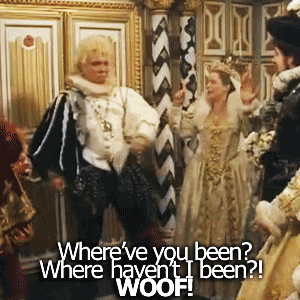What do you think?
Rate this book


323 pages, Paperback
First published January 1, 1969

But I still state unhesitatingly, that for pure, vacillating stupidity, for superb incompetence to command, for ignorance combined with bad judgment --in short, for the true talent for catastrophe -- Elphy Bey stood alone. Others abide our question, but Elphy outshines them all as the greatest military idiot of our own or any other day.And later, when Elphy’s incompetence causes things to go from bad to worse to downright disastrous:
Only he could have permitted the First Afghan War and let it develop to such ruinous defeat. It was not easy: he started with a good army, a secure position, some excellent officers, a disorganised enemy, and repeated opportunities to save the situation. But Elphy, with the touch of true genius, swept aside these obstacles with unerring precision, and out of order wrought complete chaos. We shall not, with luck, look upon his like again.
Possibly there has been a greater shambles in the history of warfare than our withdrawal from Kabul; probably there has not…I am at a loss for words to describe the superhuman stupidity, the truly monumental incompetence, and the bland blindness to reason of Elphy Bey and his advisers. If you had taken the greatest military geniuses of the ages, placed them in command of our army, and asked them to ruin it utterly as speedily as possible, they could not – I mean it seriously -- have done it as surely and swiftly as he did. And he believed he was doing his duty. The meanest sweeper in our train would have been a fitter commander.Fraser's humor sits very well with me, and generally kept me smiling. In the end, while I never liked Flashy, nor do I think I ever will, he did make me laugh. He kept me engaged and enjoying myself, and he gets props for that.





